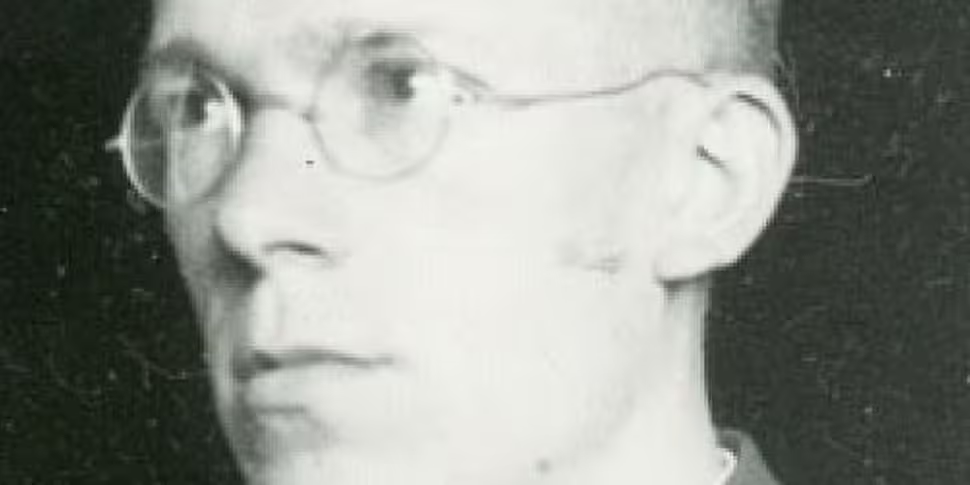A new study has claimed Hans Asperger was involved with several organizations affiliated with the Nazis.
His name has been given to a type of autism, known as 'Asperger's syndrome', as he first designated the condition in 1938.
However new findings from a professor at the Medical University of Vienna say: "The fact that Asperger had spent pivotal years of his career in Nazi Vienna caused some controversy regarding his potential ties to National Socialism and its race hygiene policies."
The paper, by Dr Herwig Czech, found that: "Asperger managed to accommodate himself to the Nazi regime and was rewarded for his affirmations of loyalty with career opportunities.
"He joined several organizations affiliated with the NSDAP (although not the Nazi party itself), publicly legitimised race hygiene policies including forced sterilisations and, on several occasions, actively cooperated with the child 'euthanasia' program."
The program targeted mentally and physically disabled patients living in institutional settings in Germany and German-annexed territories.
The paper also documents that Asperger "personally referred" a number of children to the Spiegelgrund 'euthanasia' facility.
On June 27th 1941, Asperger examined a girl at his clinic named Herta Schreiber, the paper says.
The youngest of nine children, she showed signs of disturbed mental and physical development ever since she had encephalitis a few months before.
Asperger's diagnostic report on Herta reads as follows: "Severe personality disorder (post-encephalitic?): most severe motoric retardation; erethic idiocy; seizures.
"At home the child must be an unbearable burden to the mother, who has to care for five healthy children.
"Permanent placement at Spiegelgrund seems absolutely necessary".
Hans Asperger's note recommending Herta Schreiber's transfer to Spiegelgrund | Source: molecularautism.biomedcentral.com
The study says Herta, who was two-years-old, was admitted to Spiegelgrund on July 1st 1941.
On September 2nd, a day after her third birthday, Herta died of pneumonia - the most common cause of death at Spiegelgrund.
Another girl was also recommended for transfer to Spiegelgrund by Asperger who had similar symptoms.
The paper says Elisabeth Schreiber died of pneumonia on September 30th 1942, shortly before her sixth birthday.
This cropped photo shows Herta Schreiber at the Spiegelgrund 'euthanasia' clinic | Image: molecularautism.biomedcentral.com
'Autistic psychopaths'
"The language he employed to diagnose his patients was often remarkably harsh (even in comparison with assessments written by the staff at Vienna’s notorious Spiegelgrund ‘euthanasia’ institution), belying the notion that he tried to protect the children under his care by embellishing their diagnoses."
This is a reference to claims Asperger first designated a group of children with distinct psychological characteristics as 'autistic psychopaths'.
This was several years before a 1943 paper on autism by Leo Kanner.
The Medical University of Vienna paper concludes: "The narrative of Asperger as a principled opponent of National Socialism and a courageous defender of his patients against Nazi 'euthanasia' and other race hygiene measures does not hold up in the face of the historical evidence.
"What emerges is a much more problematic role played by this pioneer of autism research.
"Future use of the eponym should reflect the troubling context of its origins in Nazi-era Vienna."
It says these judgments are based on a limited number of sources and a few passages from Asperger's Nazi-era publications.
Particularly a 1938 lecture containing the first references to "autistic psychopaths", his 1944 postdoctoral thesis, and statements by Asperger himself or by persons close to him from after 1945.











